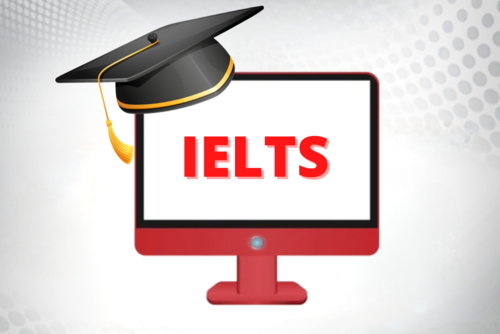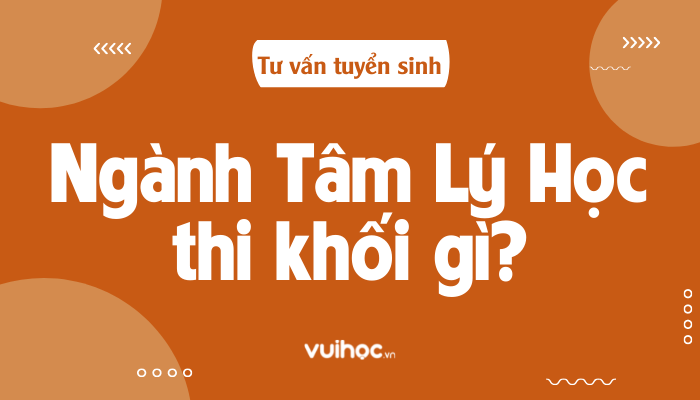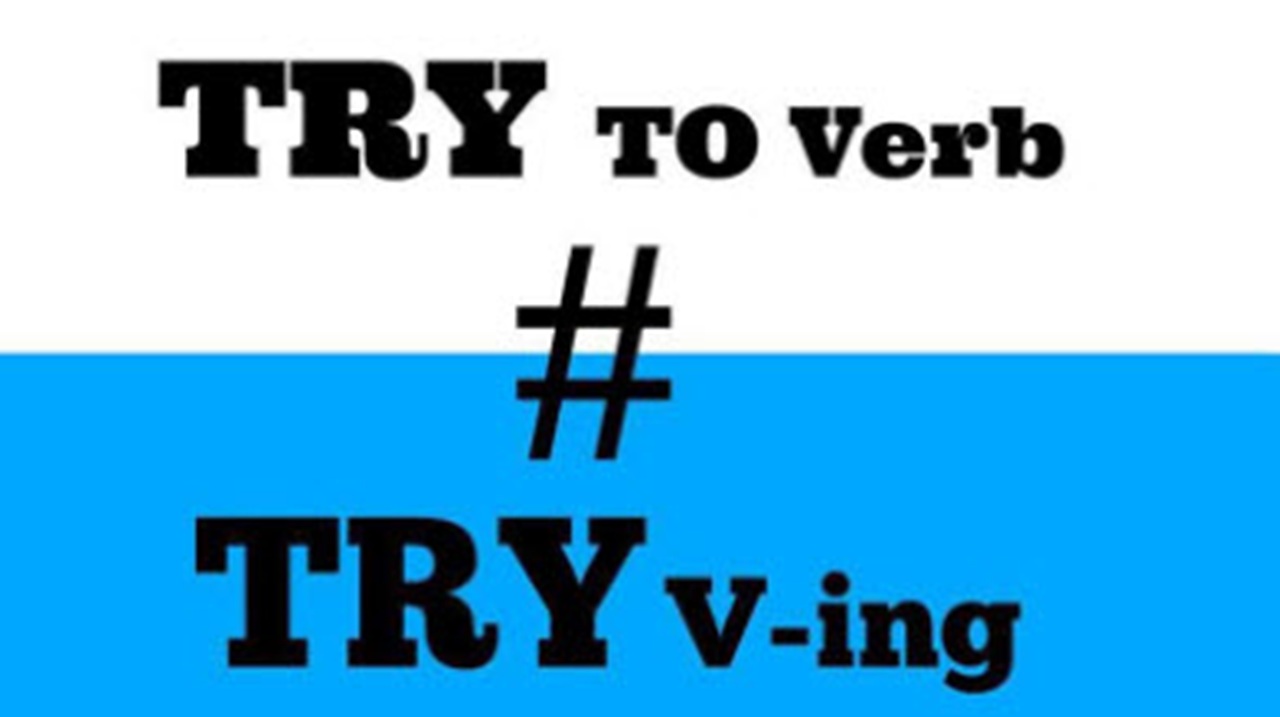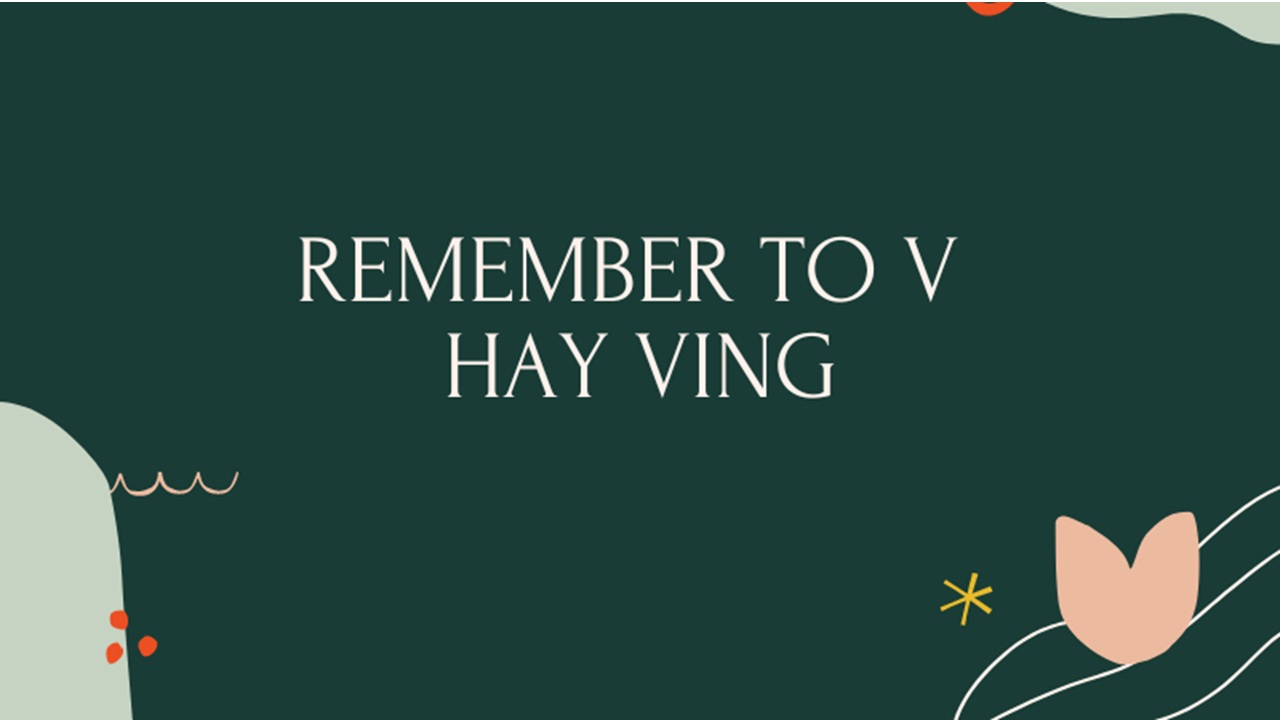Nếu bạn đang chuẩn bị cho bài thi IELTS Speaking, đặc biệt là IELTS Speaking Part 1 Routine, thì đây chính là nơi dành cho bạn. Hôm nay, chúng ta sẽ tập trung vào một chủ đề phổ biến là thói quen hàng ngày. Chúng tôi sẽ cung cấp cho bạn các từ vựng hữu ích và các câu trả lời mẫu để giúp bạn tự tin hơn khi bước vào phòng thi.
IELTS Speaking Part 1
IELTS Speaking Part 1 là phần mở đầu của bài thi Speaking, kéo dài khoảng 4-5 phút. Trong phần này, thí sinh sẽ được hỏi các câu hỏi ngắn và đơn giản về những chủ đề quen thuộc trong cuộc sống hàng ngày. Mục đích là để thí sinh làm quen với bài thi và giúp giám khảo đánh giá khả năng giao tiếp cơ bản của thí sinh.
Các chủ đề trong IELTS Speaking Part 1 thường liên quan đến những khía cạnh quen thuộc của cuộc sống. Một số chủ đề phổ biến bao gồm giới thiệu bản thân, gia đình, công việc hoặc học tập, sở thích và giải trí, thói quen hàng ngày, nhà cửa, và thực phẩm và đồ uống. Ví dụ, thí sinh có thể được yêu cầu mô tả công việc hiện tại, nói về một sở thích đặc biệt, hoặc chia sẻ thói quen ăn uống của mình.
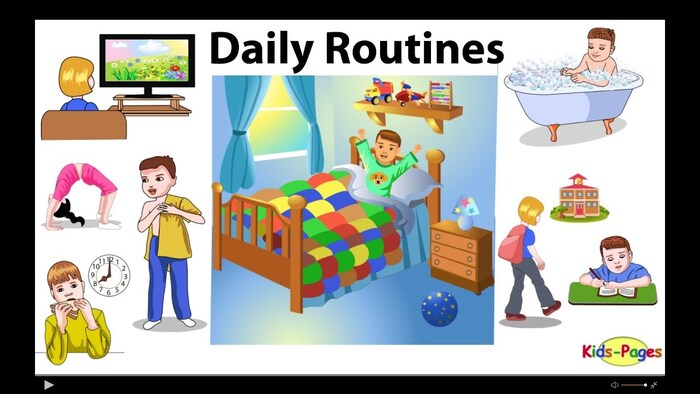
IELTS Speaking Part 1
IELTS Speaking Part 1 Routine
Từ vựng
- Wake up: thức dậy
- Get up: ra khỏi giường
- Brush my teeth: đánh răng
- Take a shower/bath: tắm
- Have breakfast/lunch/dinner: ăn sáng/trưa/tối
- Go to work/school: đi làm/đi học
- Commute: di chuyển (thường dùng cho việc đi làm hoặc đi học hàng ngày)
- Drive: lái xe
- Take the bus/train: đi xe buýt/tàu
- Start work/classes: bắt đầu làm việc/học
- Have a break: nghỉ giải lao
- Finish work/classes: kết thúc công việc/tiết học
- Return home: trở về nhà
- Do homework/assignments: làm bài tập
- Cook dinner: nấu bữa tối
- Watch TV: xem TV
- Read a book: đọc sách
- Exercise/work out: tập thể dục
- Go for a walk: đi dạo
- Go to bed: đi ngủ
- Daily routine: thói quen hàng ngày
- Morning routine: thói quen buổi sáng
- Night routine: thói quen buổi tối
- Weekday routine: thói quen trong tuần
- Weekend routine: thói quen cuối tuần
- On a typical day: vào một ngày bình thường
- Every day: mỗi ngày
- In the morning/afternoon/evening: vào buổi sáng/chiều/tối
- Before/after work/school: trước/sau khi làm việc/học
- From time to time: thỉnh thoảng
- Occasionally: đôi khi
- Frequently: thường xuyên
- Regularly: đều đặn
- Seldom/rarely: hiếm khi
Bài mẫu IELTS Speaking Part 1 Routine
Dưới đây là một số câu hỏi thường bắt gặp trong IELTS Speaking Part 1 Routine:
1. What is your daily routine?
My daily routine starts at around 6:30 in the morning. I get up, brush my teeth, and take a quick shower. After that, I have breakfast, usually toast and coffee, before heading to work. I start work at 9:00 AM and have a lunch break at 12:30 PM. I finish work at 5:30 PM and then go to the gym for an hour. In the evening, I cook dinner, watch some TV or read a book, and go to bed around 10:30 PM.
2. Have you ever changed your routine?
Yes, I have changed my routine several times. For example, when I started my current job, I had to adjust my morning schedule to leave earlier to avoid traffic. I also incorporated a gym session into my routine last year to stay healthy.
3. What part of your day do you like best?
I like the evening the best because it’s the time I can relax after a busy day. I enjoy cooking dinner and watching a good TV show or reading a book. It’s my way of unwinding and recharging for the next day.
4. Do you usually have the same routine every day?
Yes, my routine is quite consistent on weekdays. I follow a similar schedule from Monday to Friday. However, my weekends are more flexible and I allow myself to sleep in and plan different activities.

Bài mẫu IELTS Speaking Part 1 Routine
5. What is the busiest part of the day for you?
The busiest part of the day for me is the morning. From the moment I wake up until I start work, I have a lot to do. I need to get ready, have breakfast, and commute to work, all within a couple of hours.
6. What would you like to change in your daily routine?
I would like to add more time for hobbies, such as learning a new language or playing a musical instrument. I feel that my current routine is quite work-focused and having more leisure activities would be a nice balance.
7. Do you like to plan what you will do each day?
Yes, I like to plan my day to ensure that I stay productive and don’t miss any important tasks. I usually make a to-do list the night before, which helps me stay organized and focused.
8. What’s the difference in routine between you and your teenage times?
The main difference is that my teenage routine was much more flexible. I didn’t have as many responsibilities, so I had more free time to hang out with friends and pursue hobbies. Now, my routine is more structured and work-oriented.
9. Do you usually have the same routine every day?
Yes, my routine is generally the same every day, especially on weekdays. This consistency helps me manage my time better and ensures that I complete all my necessary tasks.
10. Do you think it is important to have a daily routine?
Yes, I think it is very important to have a daily routine. It helps in managing time efficiently and ensures that all necessary tasks are completed. A routine also brings a sense of discipline and order to life, reducing stress and increasing productivity.
11. Do you think it is possible to learn how to manage your time?
Absolutely. Time management is a skill that can be learned and improved over time. By setting clear goals, prioritizing tasks, and using tools like planners or apps, anyone can become better at managing their time. Practice and consistency are key to mastering this skill.
Hy vọng rằng bài viết này đã mang đến cho bạn những kiến thức và công cụ cần thiết để chuẩn bị tốt hơn cho IELTS Speaking Part 1 Routine. Nhớ rằng việc luyện tập thường xuyên và sử dụng các từ vựng và cấu trúc câu phù hợp sẽ giúp bạn nâng cao khả năng giao tiếp tiếng Anh của mình. Chúc các bạn ôn tập tốt và đạt được kết quả cao trong kỳ thi IELTS sắp tới!
Nếu bạn đang có ý định nộp hồ sơ xét tuyển vào VinUni thì hãy nhớ rằng, tiếng Anh là điều kiện bắt buộc. VinUni yêu cầu thí sinh đạt trình độ tiếng Anh 6.5 IELTS (hoặc các chứng chỉ tương đương) để được xét tuyển.
Nếu chưa đạt yêu cầu này, bạn có thể tham gia chương trình Pathway English của VinUni. Kết thúc khóa học, sinh viên sẽ phát triển các kỹ năng đọc, nghe, nói và viết tiếng Anh học thuật cũng như nâng cao kiến thức về ngữ pháp quy định, cách phát âm và từ vựng để học chuyên ngành tại VinUni. Đây là cơ hội tuyệt vời để bạn chuẩn bị tốt hơn cho hành trình học tập tại một trong những ngôi trường hàng đầu Việt Nam.



